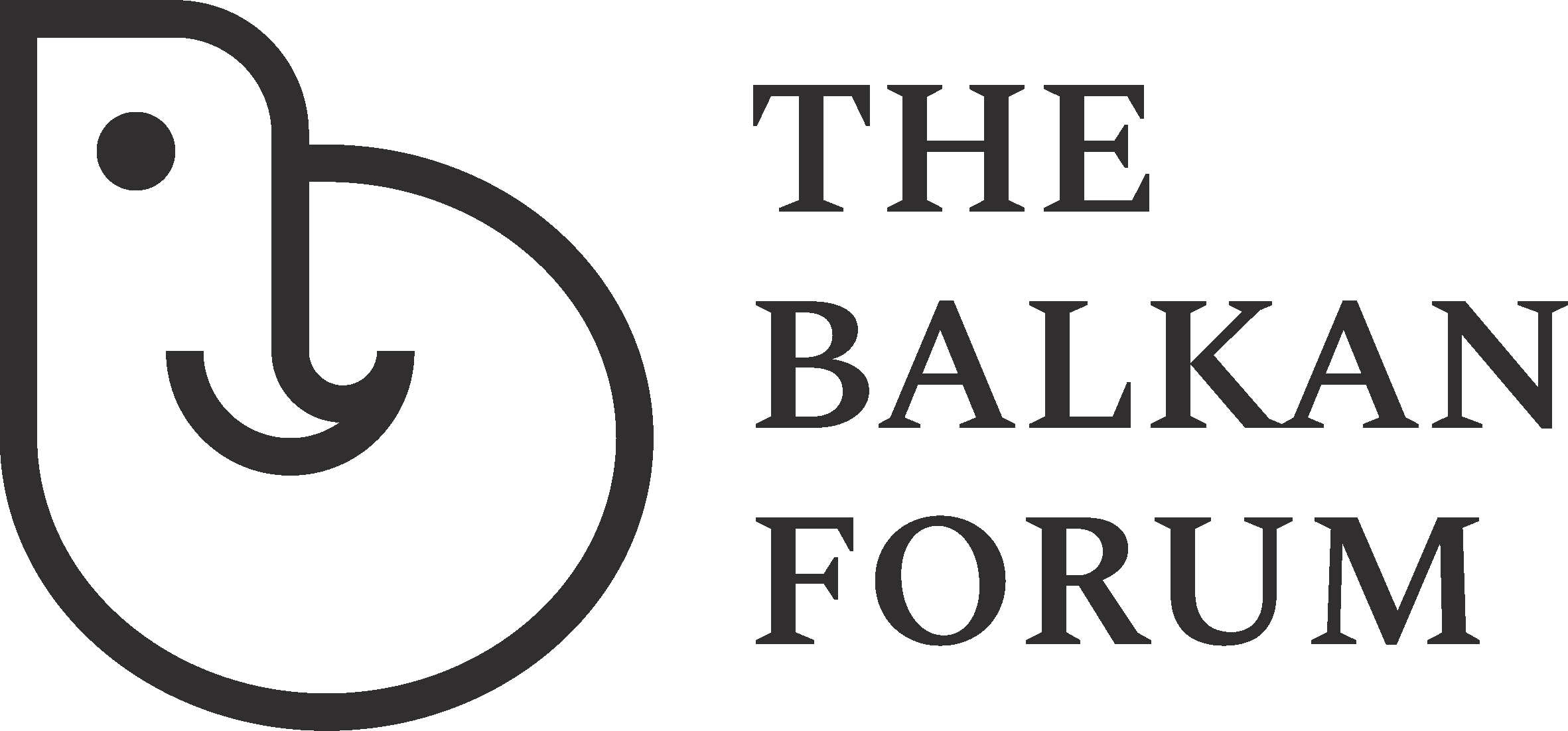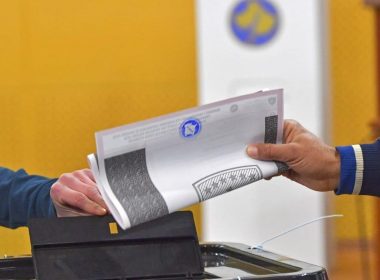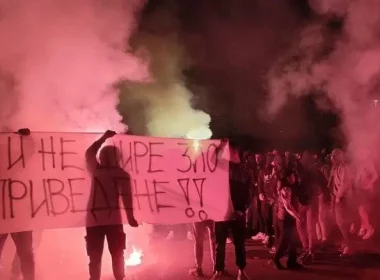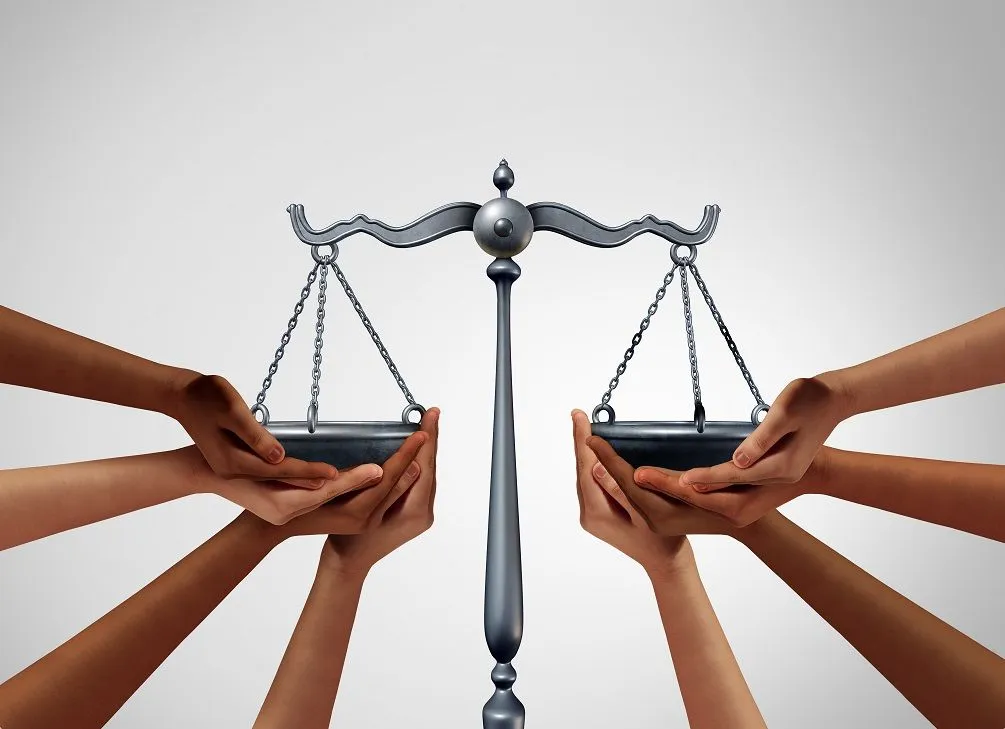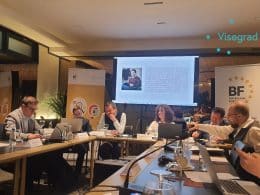At the very mention of justice, I am overcome with sadness because, since the end of the war, we have believed that we would live in a just Bosnia and Herzegovina—a country for all its people, a land that bled to remain whole, and a homeland for all who love it and live for its better future.
But alas… something went wrong. Instead of patriots who, after the “bloody and rainy days,” would develop this “defiant dream,” the political scene has, for decades, been infested with party loyalists who, on the backs of the Bosnian people, fill their asset declarations and secure a carefree life for the next three generations of their families.
To keep citizens in uncertainty, fear, and on a tight leash, politicians have, for years, fed the media war rhetoric, threatened new conflicts, stoked nationalism, and thrown dust in people’s eyes—diverting attention from the key issues of socio-economic prosperity, social justice, and overall progress. Since these are people who, in a well-ordered state, would be lost and likely behind bars, it is in their interest to prolong this state of despair and disorder for as long as possible.
Corruption is an open secret, and every person here knows that certain officials in public institutions will not provide services unless you “grease the wheels” with a certain sum of money—despite already being handsomely paid for their jobs. The corruption chain is so well-connected that extortionists can remain at ease, knowing that any complaint against them will end up in a drawer—probably forever.
And so, while some grow enormously rich, the people struggle with loans and barely make ends meet. The prices of basic necessities keep rising, and as for housing prices—many can only dream of owning their own home.
Adding to this, the Government of the Federation of Bosnia and Herzegovina has issued a decree increasing the minimum wage to 1,000 BAM but has not reduced taxes and payroll contributions, which amount to 70%—the highest in the region and likely in Europe. A minimum gross salary of 1,744 BAM will be a demotivating and massive obstacle for young entrepreneurs, affecting their businesses and the hiring of new workers. This is particularly tragic, knowing that 744 BAM of that sum goes directly into the pockets of government employees whose salaries exceed 4,000 BAM.
Inspired by examples from Croatia and Serbia, in response to all this, the people of Bosnia and Herzegovina have finally decided to “raise their voices,” fight for social justice, and boycott all shopping centers, gas stations, and hospitality establishments for at least one day—hoping their message reaches the right address. If the citizens of BiH truly want change, these boycotts should be more frequent and persistent.
The fact is that very few people today can afford all the necessities for a decent life, putting family sustainability and survival into question. Our country imports an exceptionally high percentage of foreign goods instead of encouraging domestic production through incentives. It is absurd that Bosnia and Herzegovina, a land rich in natural resources, even imports drinking water. Who benefits from this, and who is profiting?
All of this has led to a massive “brain drain,” with young people leaving Bosnia and Herzegovina in search of a better life and social justice.
If we truly want social justice, radical systemic changes are necessary. Young people must be given a fair chance in the labor market and prepared for future challenges. The education system must be improved and adapted to the needs of the job market because the current system does not provide adequate practical training or job readiness. Knowing that many employers require experienced workers, our young people stand no chance. Pushed to the margins, their only option is to pack their bags and leave for places that welcome young, educated, and ambitious individuals.
We must change the system or drown in the mud of corruption and nepotism.
A single twig is easy to break, but a bundle… now that is something else.

Amra Agić
Centar za obrazovanje i druženje Jajce
